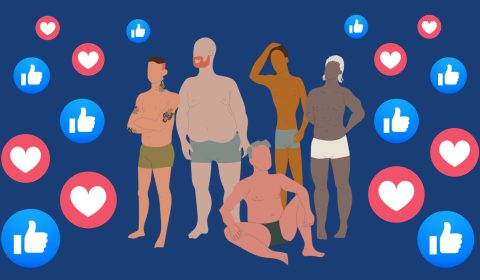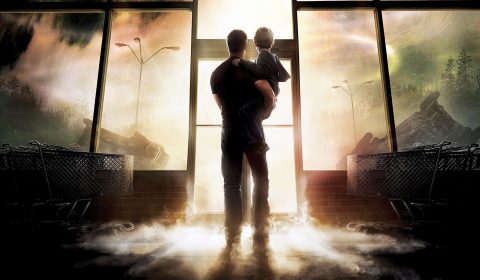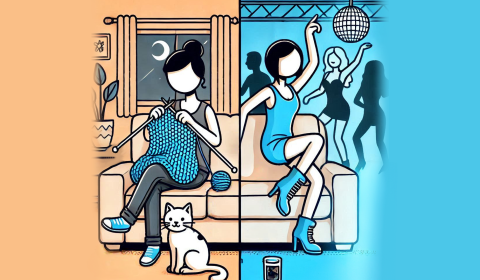For many Millennials, Rooster Teeth represented the first major shift into digital-only entertainment throughout the mid-noughties. Its closure is a goodbye to a bygone era.
Rooster Teeth, the digital-only production house that pioneered various internet shows in the noughties and tens, is shutting down after 21 years.
Parent company Warner Bros. Discovery is pulling the plug after numerous failed attempts to sell the brand and its entertainment division. Rooster Teeth’s general manager Jordan Levin made the announcement in an all-hands meeting on Wednesday, with an additional memo distributed to the company’s 150 full-time employees.
The move will affect all staff, as well as dozens of contractors and freelance creators.
An extract from Levin’s memo said that Rooster Teeth is ‘shutting down due to challenges facing digital media resulting from fundamental shifts in consumer behaviour and monetisation across platforms, advertising, and patronage.’
He also added that the company’s legacy is ‘not just a collection of content but a history of pixels burned into our screens, minds, and hearts.’
I don’t think I can in all honesty mourn for Rooster Teeth after all that’s happened and as it exists now.
But I can mourn for what it once was. I can remember the impact that the creators had on the internet as a whole and on me. pic.twitter.com/f2EllZkiCx
— ThatGG (@TheUpbringer) March 6, 2024
Warner Bros. Discovery is reportedly in talks to sell the rights to some of the production house’s intellectual properties, including its first and longest-running series ‘Red Vs. Blue’ and its animated mecha series ‘Gen:Lock.’
It will also be looking to sell the Roost podcast network, which covers a variety of different entertainment including gaming, true crime, fandom, comedy, and food. This network will still operate for the time being.
In a statement, Warner Bros. Discovery thanked the production company’s ‘groundbreaking creators […] and partners for their many years of success.’
Rooster Teeth is shutting down after 21 years. pic.twitter.com/BUTk14TA7u
— DiscussingFilm (@DiscussingFilm) March 6, 2024
At its peak, Rooster Teeth enjoyed a huge paying subscriber base. Its video-on-demand service, rebranded as First in 2016, had 225,000 paying members at the height of its popularity, which has since dwindled down to 60,000.
For over a decade, the company has not been able to turn a profit.
At its largest, it housed more than 400 full-time staff members and hosted in-person fan conventions known as RTX since 2011. Rooster Teeth has more than 45 million subscribers across its YouTube network, 1.2 million unique monthly visitors to its apps, and more than 4 million community members.
Rooster Teeth is biting the dust after more than two decades.
Parent company Warner Bros. Discovery, after unsuccessful attempts to sell the unprofitable fandom, gaming and comedy entertainment division, is shutting down Rooster Teeth’s operations. https://t.co/WhPZDkeMEi pic.twitter.com/vjeMZOvGDL
— Variety (@Variety) March 6, 2024




















